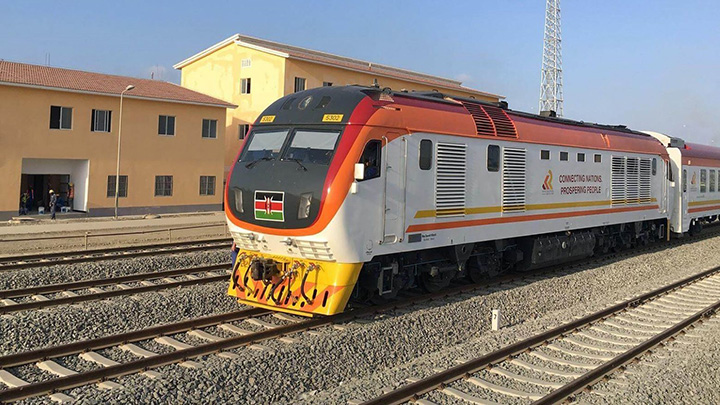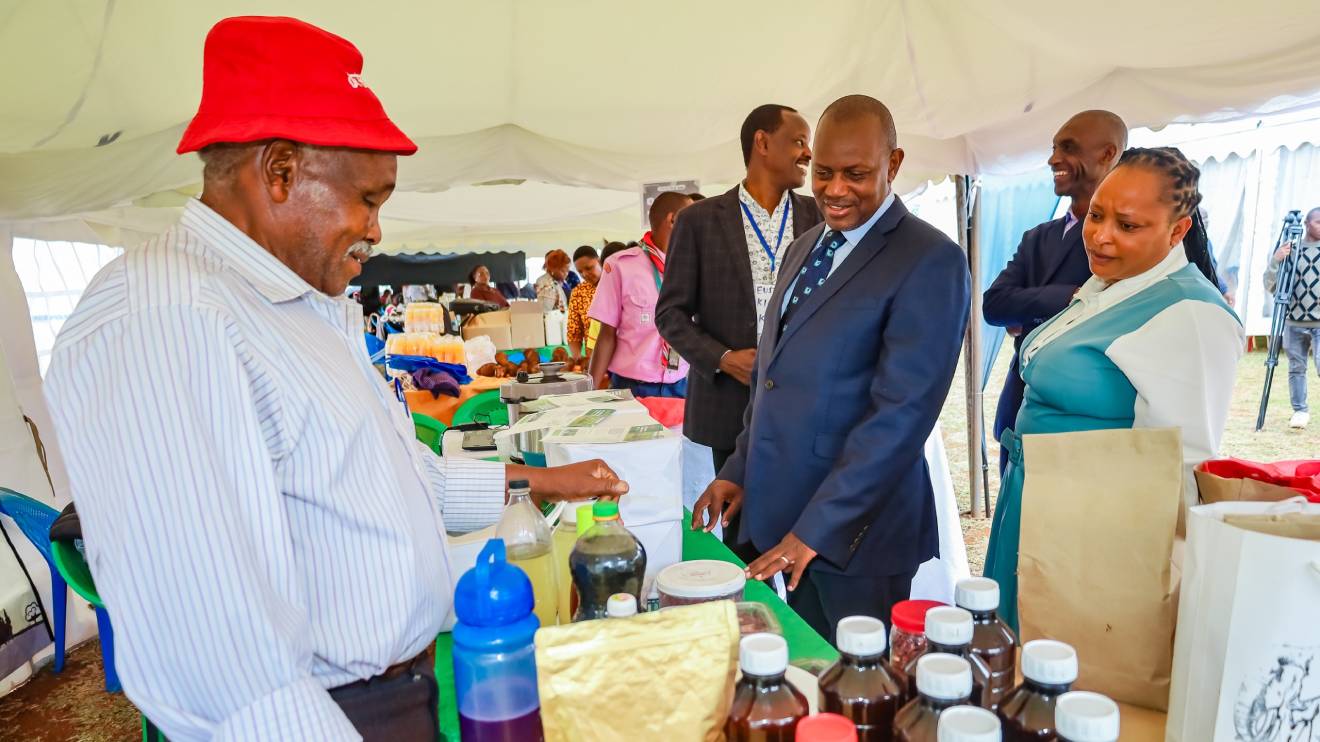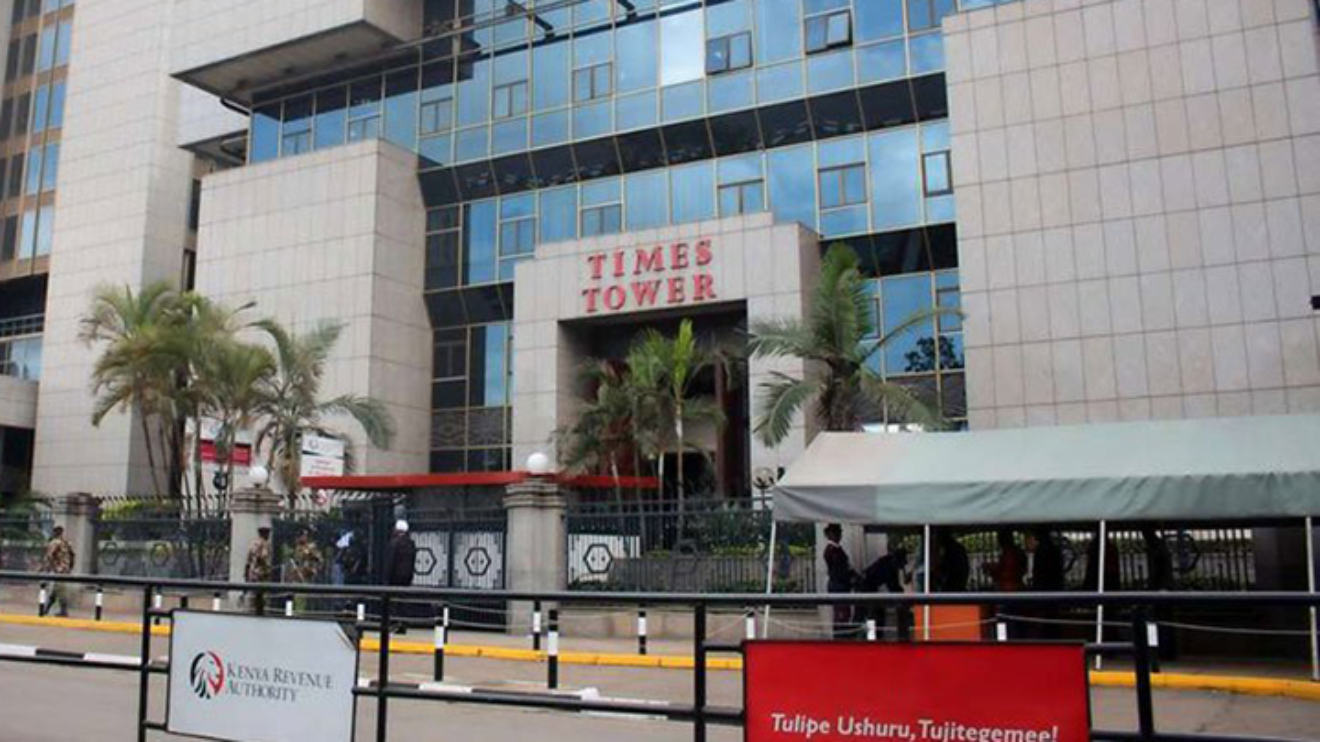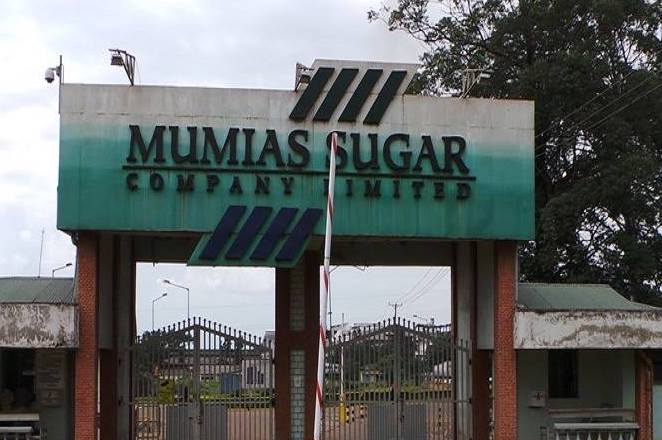In a significant move that might lead to clashes with private investors, the Transport CS is set to gain the authority to impose caps on bus fares for public service vehicles (PSVs) under the proposed National Transport and Safety Authority (Amendment) Bill, 2023.
This bill, introduced by Kimilili Member of Parliament, Didmus Barasa, aims to amend the existing NTSA Act, 2012, with the primary objective of empowering the Cabinet Secretary to regulate and stabilize fares for PSVs operating across the country.
The amendment, once approved by the National Assembly, will grant the Cabinet Secretary for Transport the power to establish both minimum and maximum fare rates that PSVs can charge on their respective routes.
Currently, matatu operators have the liberty to set their own fares, considering various factors such as the route, weather conditions (particularly in Nairobi), distance, time of day, fuel prices, and competition, with undercutting being a common tactic used to attract passengers.
According to the proposed Bill, the Cabinet Secretary, in consultation with the relevant authority, will be able to formulate regulations that define the limits within which passengers should be charged for their journey in public service vehicles within the country.
Read More
“The NTSA Act is amended by inserting the following new subsection - the Cabinet Secretary may in consultation with the Authority make regulations prescribing the maximum and minimum fares payable by passengers in the public service vehicles within the country,” the Bill states.
Barasa emphasized that the amendments are intended to safeguard commuters from facing unpredictable fare hikes, especially during periods of sharp increases in fuel prices.
The new section introduced by the bill aims to establish policy guidelines for regulating fares in the public service sector.
Barasa also highlighted the importance of involving relevant stakeholders in the development of these policy guidelines to ensure that passengers are not subjected to fare abuse.
"The amendments seek to introduce a new section which provides for the development of policy guidelines to regulate the fares payable by passengers in the public service within the country," stated Barasa.
"The new section will ensure that the relevant stakeholders are involved in the process of developing such policy guidelines so as to ensure that there are maximum fares payable by passengers in the public vehicles from one point to another to avoid being subjected to abuse."
While the proposed amendments are aimed at creating more stability and predictability for commuters, they have sparked debate among private investors in the PSV sector.
Critics argue that the imposition of fare caps might limit the industry's ability to respond flexibly to fluctuating operating costs and could potentially lead to reduced profitability for operators.
However, proponents of the bill insist that setting maximum and minimum fare limits will curb exploitative practices and protect passengers from unreasonable fare hikes.
As the proposed National Transport and Safety Authority (Amendment) Bill, 2023 moves forward in the legislative process, stakeholders from both the government and private sector will undoubtedly engage in further discussions to strike a balance between passenger protection and the sustainability of the public service vehicle industry.











